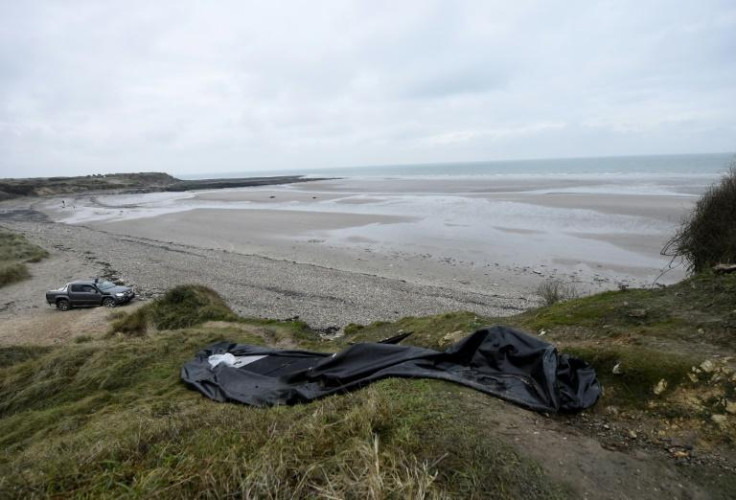France on 'maximum alert' as 3,000 terrified people forced to flee
France is experiencing a fourth heatwave this summer

Holidaymakers heading to France have been warned to stay on "maximum alert" as ferocious wildfires saw mass evacuations of locals and tourists.
Devastating forest fires spread across the southwestern region of France on Monday, forcing nearly 3,000 people to flee as it ripped through homes and campsites overnight, reported The Independent. Many of the people who escaped were reportedly still in their swimsuits and shorts as they were returning from the beach when the fire broke out.
No residents or locals injured
The terrified people were then relocated to temporary accommodations in gyms and other public buildings.
Around 650 firefighters battled the flames that struck in the Pyrénées-Orientales region, affecting towns on the French and Spanish border.
No tourists or residents were injured and most of the evacuees managed to return to their accommodations by Tuesday morning. While the authorities were able to control the fire, further outbreaks are not being ruled out, with holidaymakers and locals asked to be "extremely vigilant."
A spokesman for the local emergency services confirmed that campsites with a majority of British people were in the disaster zone.
"All need to follow official instructions and remain on maximum alert at all times. Temperatures are rising, and there is no sign that these wildfires will stop," said the spokesperson, according to Evening Standard.
Speaking to a local French radio station, senior regional official Rodrigue Furcy said, "The fire has been contained but the area remains under close surveillance."
France in the middle of 4th heatwave
The blazes spread quickly due to high temperatures and winds reaching up to 80km per hour. At least 17 firefighters sustained injuries while attempting to contain the flames, with one being admitted to hospital in critical condition. A campsite, 30 houses and a warehouse were left damaged. In addition, roads were blocked and train operations between Perpignan and the Spanish border were temporarily suspended.
The firefighters and authorities will remain on high alert as many regions of the country are due for another bout of extreme heat.
As the week goes on, the region of Pyrénées-Orientales could see a temperature spike up to 39°C due to a hot southerly wind moving in over the mountains.
Five regions in the east of France are currently on "high alert" for heatwaves, according to the French weather authority Meteo France's website.
While the Ain and Isère departments have been on heatwave watch since Sunday, on Tuesday, the regions of Savoie and Haute-Savoie on the French-Swiss border were added to the orange alert (the level below the maximum warning). Rhône, France's third-biggest city was added to the alert list on Saturday.
At present, France is experiencing its fourth heat wave of the year, while the wildfires have also devastated large parts of Greece, Italy, Algeria and Tunisia.
Last week, firefighters evacuated more than 130 people as they fought to contain a wildfire at Portbou on the Mediterranean coastal Spanish border with France. The fire damaged some 435 hectares of land. In another region of France, with more devastating situation, firefighters battled a wildfire near the southwestern city of Bordeaux that forced around 8,000 people to flee.
However, this summer in France is still better than last year, when 70,000 hectares were burned, but the French government has stated that it is necessary to be "humble" as summer is not over.
UK Foreign Office advisory
The Foreign, Commonwealth and Development Office (FCDO) has not updated its travel advisory for France following the latest wildfire episode. In their standard advisory on their official website, the Foreign Office has warned UK travellers to be cautious of the forest fires that take place frequently in France in the summer months.
"Forest fires happen anywhere in southern France during the summer months, particularly along the Mediterranean coast and in Corsica. Fires have become more frequent because of drought and high temperatures. French authorities may evacuate areas and close roads for safety reasons.
"If you're staying in a high-risk area, you should: check the local safety and emergency procedures, be vigilant, and follow the advice of local authorities," wrote FCDO on their website.
© Copyright IBTimes 2025. All rights reserved.





















